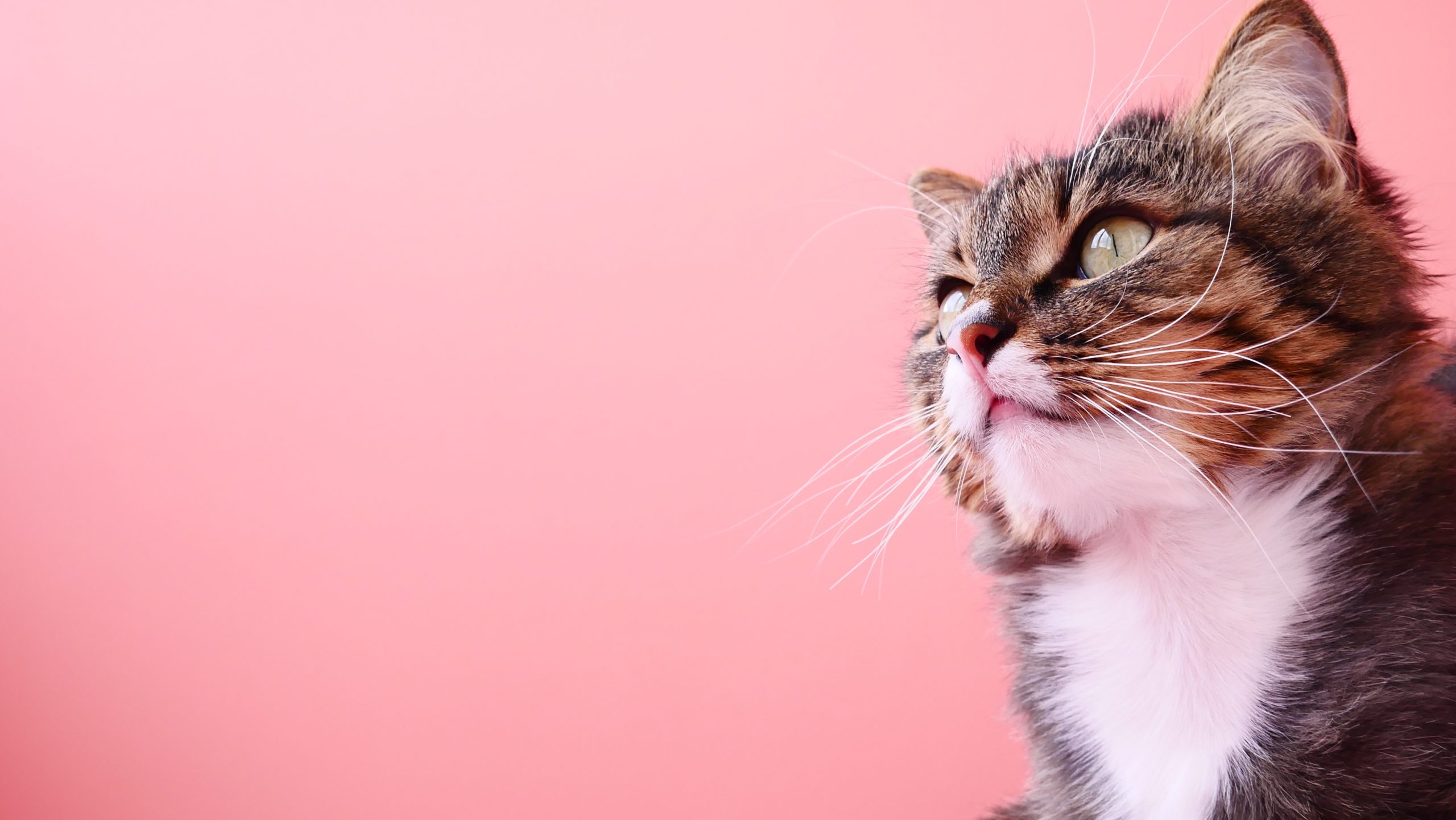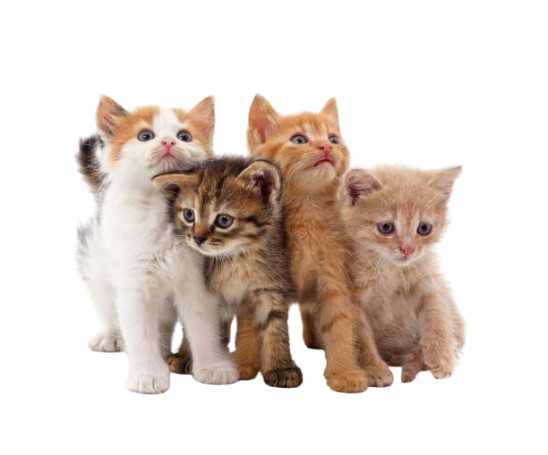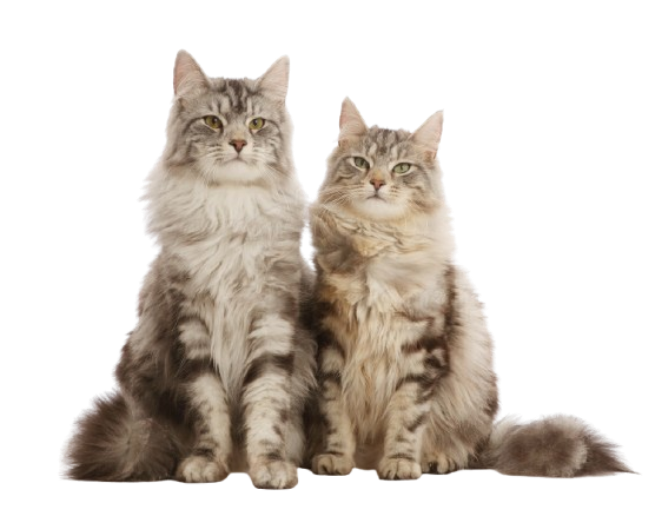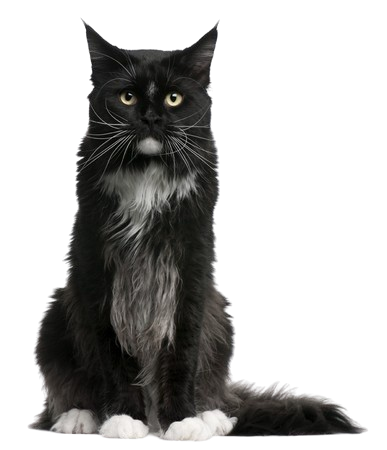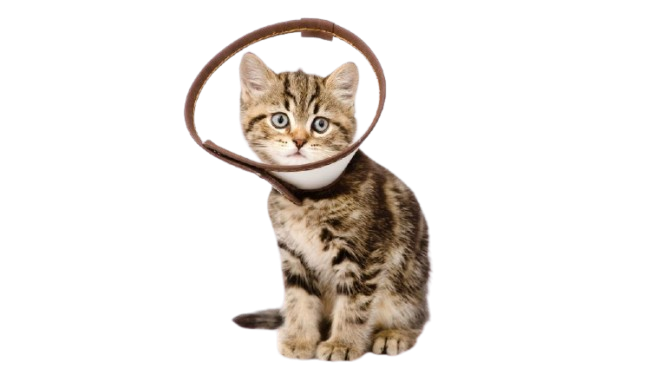How to Select the Right Cat Food?
Nutritional Requirements
The most important criterion when choosing cat food that ensure meets the nutritional needs of the cat’s body.
1
Health Status & Age
A cat’s dietary needs change with age: kittens need nutrient-rich food to support growth, while senior cats require fewer calories and easily digestible nutrients.
2
Cat Food Quality
Check the ingredients list on the back of cat food packaging and choose products that list real meat, fish, or poultry as primary ingredients.
3
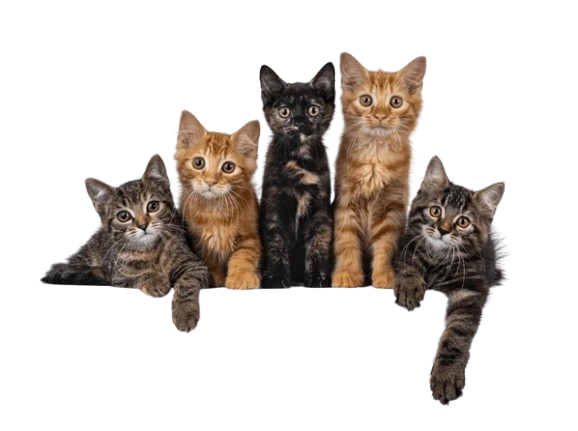
4
Type of Food
Needed to consider the type of food that is most relevant to their current age and the stage in the life of your cat.
5
Wet & Dry Food
Cats need moisture in their food for hydration and urinary health. Mixing wet and dry food offers both moisture and convenience.
6
Budget
There are many cat food options at various prices, so owners should choose quality food that meets their cat’s needs without overspending.
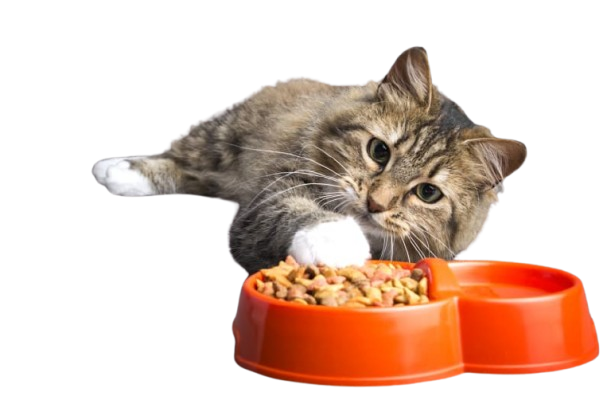
Grab the Best and Quality Cat Food
Cats are special creatures and, therefore, require different feeds based on the many stages they go through in their lives.
- Best Tested Food
- Tasty Cat Treats
- Top Rated Product and Brands
Choose Healthy Cat Food
Proper nutrition affects not only your pet’s appearance and activity but also its health. Inappropriate food can lead to obesity, allergies, gastrointestinal issues, and other health problems. It is essential to consider your pet’s age, health, and taste preferences.


